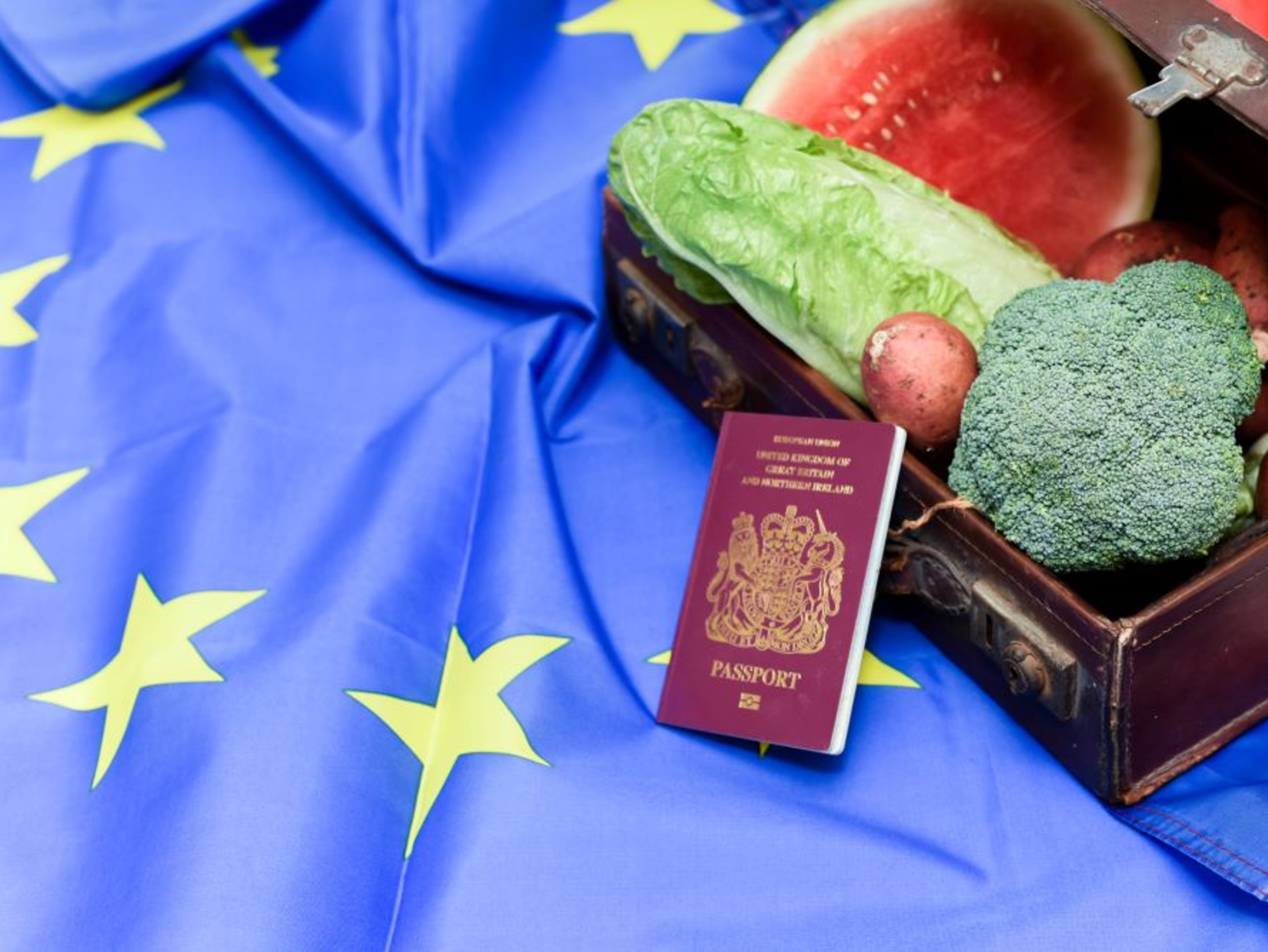
Better controls are needed to ensure the quality of food imports from the EU is adequate and to avoid “potential safety incidents”, according to a new report from two of the UK’s food safety watchdogs.
A paper published by the Food Standards Agency (FSA) and Food Standards Scotland (FSS) says the postponement of post-Brexit import controls is one of two “significant” risks to food standards, alongside a fall in the number of inspections of food businesses due to budget pressures on local councils.
Nearly half of the UK’s food comes from abroad, with two-thirds of that arriving from the EU, the Independent reports.
Not ready
The UK has taken on responsibility for conducting its own food safety checks on all imports into the country since Brexit.
However, Britain was not ready to carry out checks at the border when post-Brexit rules came into force in January 2021, and the implementation of the controls has been postponed multiple times.
In April, Brexit opportunities minister Jacob Rees-Mogg postponed the “complex and costly” move until the end of 2023, calling the imposition of controls “an act of self-harm” that would cost UK businesses £1bn annually.
The government has said that it will look to adopt a “new approach” to conducting the checks, making the use of its ambitious and “transformative programme to digitise Britain’s borders”.
Full implementation
The FSA report – titled ‘Our Food: An annual review of food standards across the UK’ – said the implementation of full checks by the end of 2023 at the latest should be a priority for ministers.
Although the report found no evidence of “meaningful change” in the standard of imported food from the EU since Brexit, it warned of uncertainty as EU and UK standards diverge.
‘Major challenges’
FSA chair, professor Susan Jebb, said:
“We are under no illusions that there are major challenges ahead. Establishing full UK import controls on food from the EU by the end of next year is a priority.
“The longer the UK operates without assurance that products from the EU meet our high food and feed safety standards, the less confident we can be that we can effectively identify potential safety incidents.”
The inaugural report concluded that UK food standards were maintained in 2021 despite pandemic upheaval, but said this was a “cautious conclusion” and warned of challenges ahead, reports the Guardian.
Broadly compliant
More than 95% of food businesses inspected by local authorities in England, Wales and Northern Ireland were broadly or highly compliant with sector laws and standards.
In Scotland, food law compliance status is above 96%, according to hospitality website The Caterer.
Border strategy
Farming, veterinary and meat industry groups have previously warned that the continual delaying of post-Brexit checks is an “accident waiting to happen”.
A government spokesperson told the FT the government’s new border strategy would focus on the use of technology to reduce unnecessary costs and delays.
“The controls introduced in January 2021 on the highest-risk imports of animals, animal products, plants and plant products will continue to apply in order to safeguard the UK’s biosecurity,” they added.



